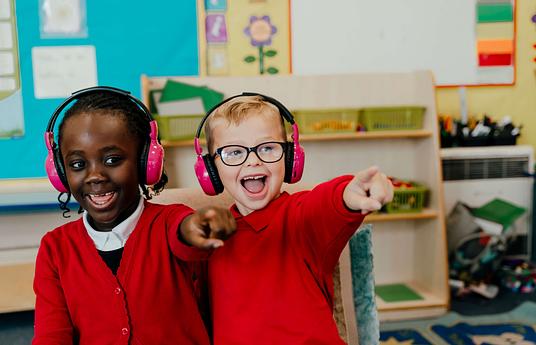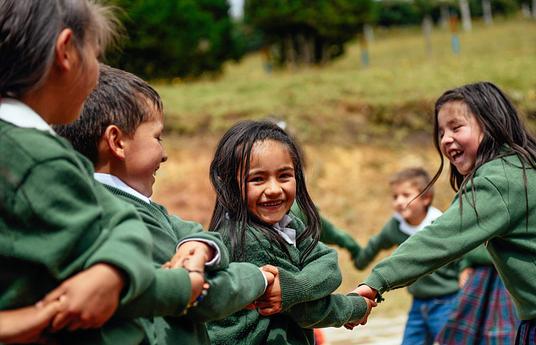Despite the urgency of its necessity in our deeply wounded & highly competitive world, the teaching of empathy is limited in schools and at home. In the multicultural & multi-religious Malaysia in particular where talking about emotion is not a norm, vulnerable communication of the heart that fosters empathy among diverse peoples of the nation needs to be championed and nurtured in the young.
Based on our research study and experience as EQ practitioners, we have formulated two learning phases to help foster empathic intelligence in young people. The first phase is taught through the learning of emotional literacy where our students are guided into recognising, processing, and sharing their feelings to independently resolve their inner and outer conflicts. Meanwhile, the second phase aims to help young people generate critical thinking to rationalise into empathy through the discourse on critical issues such as race, sexuality, and extremism.
For parents on the other hand, we teach them our empathic communication strategy to help them connect deeper with their kids.
Due to the pandemic, our programs are mostly conducted online. The sessions are intimate, with not more than 15 students per cohort. Major components of the class instructions to engage the students with the learning are talking circles, mindfulness, storytelling, therapeutic art, and creative writing.
Apart from Malaysia, we have guided youth from Indonesia, Singapore, China, Senegal, the US, and Puerto Rico. Within the past year, we received three grants from different organisations in Malaysia, including the city council of Petaling Jaya in the Selangor state to conduct classes for children in shelter homes. However, this has especially been challenging since the access to online learning for the less privileged is still a major issue in the country.
As part of our applied empathy project, we created an inter-generational/cultural interview series, where our students discuss emotions with professionals from different fields.
We are now actively sharing our empathic communication curriculum to parents, caregivers, and teachers, to cultivate deeper connection with young people.
Based on our findings, it would be almost ineffective to try to teach empathy without the initial learning of self-empathy. Thus, it is pivotal for you to first help young people become aware of their emotions, identity, concerns, & experiences with oppression.The process of teaching empathy requires a lot of empathic listening & the mirroring of empathy by the facilitators. Get in touch with us!



